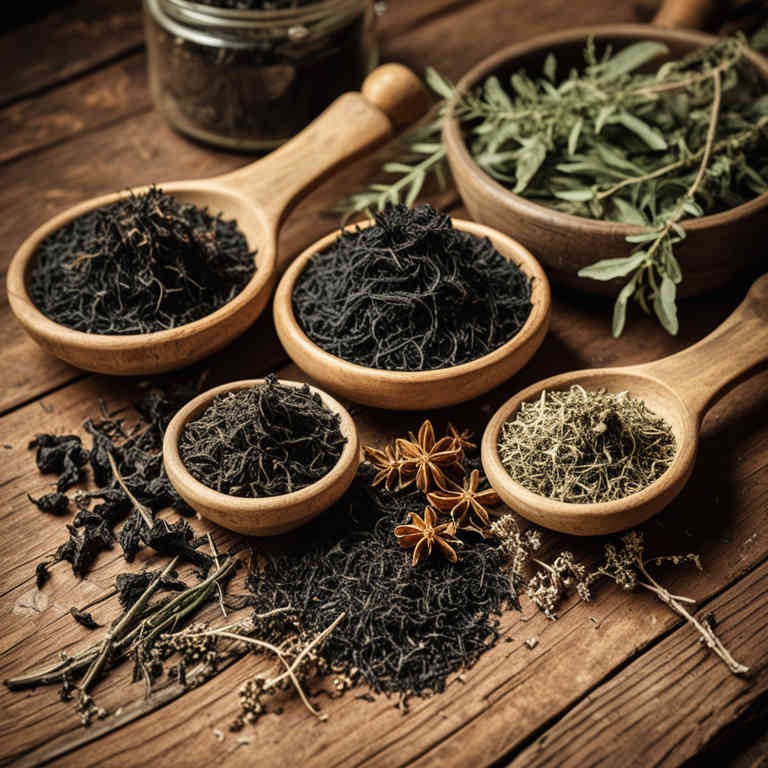Morus nigra mucillage for medicinal use

Morus nigra mucillage is a viscous, gel-like substance extracted from the fruit of the black mulberry tree.
It is rich in polysaccharides, which contribute to its thick, sticky consistency. In herbalism, it is used for its potential soothing and healing properties. It is often applied topically to treat skin conditions and promote wound healing.
Additionally, it may support digestive health when consumed in small amounts.
Uses
Morus nigra mucillage has been used to treat respiratory and digestive ailments for centuries.
Historically, it was valued in traditional medicine for its soothing properties, particularly in alleviating coughs, sore throats, and gastrointestinal discomfort. In ancient herbal practices, the mucilage from black mulberry fruits was often prepared as a demulcent to coat and protect irritated mucous membranes. Modern research suggests it may have anti-inflammatory and antioxidant properties, supporting its continued use in herbal remedies.
Today, it is still employed in complementary medicine for its potential to ease inflammation and support digestive health.
Benefits
Morus nigra mucillage has health benefits such as promoting digestive health, supporting respiratory function, and providing antioxidant protection.
This herbal preparation, derived from the black mulberry tree, contains mucilage, a gel-like substance known for its soothing and protective properties. It can help alleviate symptoms of gastrointestinal disorders like irritable bowel syndrome and ulcers due to its ability to coat and protect the mucous membranes. Additionally, its anti-inflammatory and immune-boosting properties may contribute to overall wellness.
Regular use of Morus nigra mucilage may also aid in managing chronic coughs and respiratory conditions.
Constituents
Morus nigra mucillage active constituents include mucilage, polysaccharides, flavonoids, and phenolic compounds.
These components contribute to its traditional use in supporting digestive health and soothing inflammatory conditions. Mucilage forms a protective layer in the gastrointestinal tract, aiding in the relief of irritation and promoting regular bowel movements. Polysaccharides may enhance immune function and support gut microbiota balance.
Flavonoids and phenolic compounds possess antioxidant properties that may help reduce oxidative stress and inflammation in the body.
Preparation
To make Morus nigra mucillage, begin by harvesting ripe black mulberry fruits and washing them thoroughly.
Next, blend the fruits into a pulp using a blender or food processor until smooth. Strain the pulp through a fine mesh sieve or cheesecloth to separate the mucilage from the solid matter. Allow the liquid to sit for several hours or overnight, enabling the mucilage to settle at the bottom.
Finally, carefully decant the mucilage-rich liquid into a clean container and store it in the refrigerator for up to a week.
Side Effects
Morus nigra mucillage may lead to gastrointestinal discomfort, including nausea, vomiting, and diarrhea, due to its high mucilage content.
It may also cause allergic reactions in individuals sensitive to mulberry or other related plants. Prolonged use could potentially interfere with nutrient absorption, leading to deficiencies. In some cases, it may contribute to digestive sluggishness or bloating.
It is important to consult a healthcare professional before using this preparation, especially for individuals with pre-existing digestive conditions.